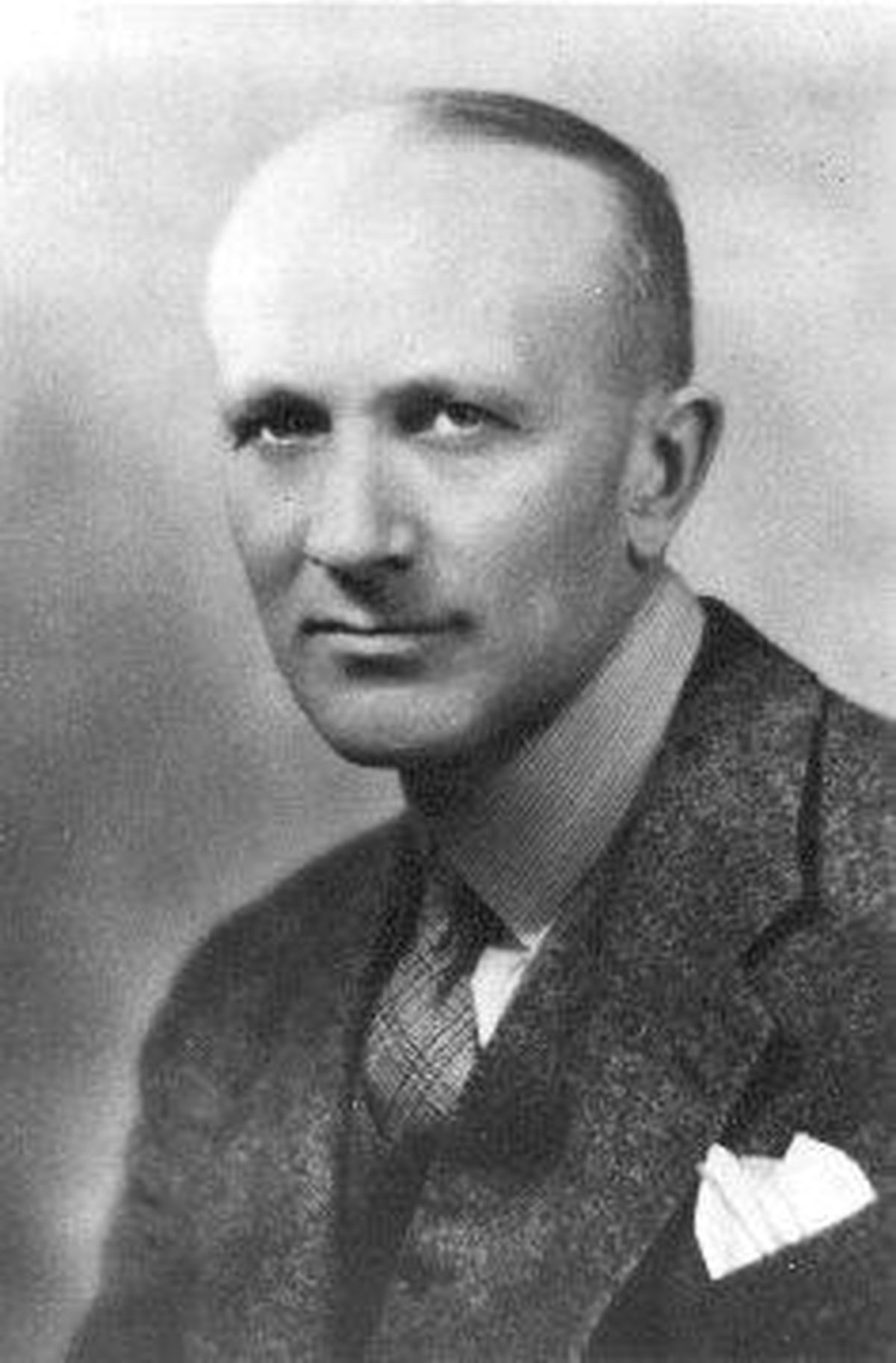Google Doodle features Spokane-born, world-famous neurosurgeon Wilder Penfield

Friday’s Google Doodle featured a Spokane native: Dr. Wilder Graves Penfield, a groundbreaking neurosurgeon who pioneered new treatments for epilepsy and became known as the “greatest living Canadian.”
Penfield was born in Spokane in 1891, the year the city was incorporated. He was a son of Dr. Charles S. Penfield, Spokane’s first physician, who first rode into town on a pony.
Although Wilder Penfield spent just eight years of his childhood in Spokane before moving to Hudson, Wisconsin, a 1956 profile in The Spokesman-Review dubbed him “a native son who has had one of the most remarkable lives, and the most useful, of modern men.”
A Rhodes scholar trained at Oxford, Princeton and Johns Hopkins universities, Penfield once said that studying medicine was “the best way to make the world a better place.” He later became Montreal’s first neurosurgeon, and in 1934 he established the Montreal Neurological Institute at McGill University with an eye-popping grant of more than $1 million from the Rockefeller Foundation.
Google celebrated Penfield on Friday, which would have been his 127th birthday, by adorning its homepage logo with drawings of a human brain and a burnt piece of toast.
Yes, burnt toast – an iconic symbol of Penfield’s long career. He and a colleague, Dr. Herbert Jasper, developed what’s known as the “Montreal procedure” for treating severe epilepsy, which involves removing a portion of the skull and using electrical probes to shock the brain while the patient is fully awake. The procedure led to the greater discovery that such stimulation can prompt memory recall.
For one early patient, the surgery evoked the smell of burnt toast, a phenomenon that was dramatized in a widely viewed video clip explaining Penfield’s work.
Google summed up his other accomplishments: “In later years, Penfield became an author and a champion of university education and childhood bilingualism, commemorated by the Montreal streets, schools and universities that bear his name. He was awarded the Lister Medal for surgical science and was inducted into the Canadian Medical Hall of Fame. He also became a cultural icon when Philip Dick’s novel, ‘Do Androids Dream of Electric Sheep?’ described the fictional Penfield Mood Organ, a device used to change a mood by ‘dialing it in’ on a number pad.”
The 1956 Spokesman-Review profile quoted writing by Penfield in which he recalled learning that a gas station had replaced his childhood home on the lower South Hill.
“On my first return to Spokane, on the invitation of a medical society, I left the meeting in the Davenport hotel in the afternoon and walked up Washington street to Seventh,” Penfield wrote. “There, where my father’s house had stood, was a filling station! Our stable had been converted into a house and still stood. As I walked about, my face must have expressed something from the past, since the man who ran the filling station came out and asked me what was the matter. I said nothing was the matter ‘excepting that I was born where your pump is situated!’ ”
Decades later, surgical techniques that Penfield developed, and an understanding of the brain that he pioneered, are still put to use just blocks from his childhood home at Deaconess Hospital and Providence Sacred Heart Medical Center.
Penfield died of abdominal cancer on April 5, 1976, at Montreal’s Royal Victoria Hospital, where he had practiced as a surgeon. He was 85.